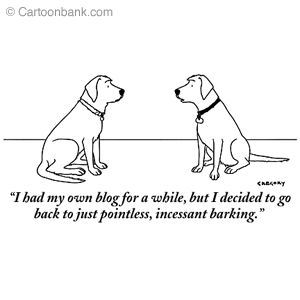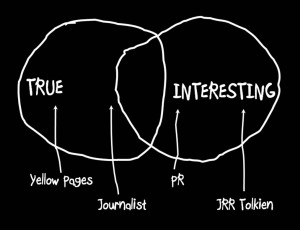By Scott Bury
July, 2012
This post continues the previous one, where the author and his son, Super Nicolas, climbed Vermont's highest peak, Mount Mansfield, on foot from the very bottom to the very top.
In Part 2, we try to climb down. As anyone who's climbed knows, coming down is often harder than climbing up.
The wind up here is frigid, but after the hard work of the climb up, it's refreshing and we don't bother putting on our long pants or sweat-shirts.
At the top of the Cliff Trail, we have to make a decision: do we
attempt this strenuous climb down this DDD trail, back over the section with
the loops driven into the smooth rocks and back through the Cave of Winds with
its bottomless holes to jump over, to get to the gondola which closes in 19
minutes? If we miss the last gondola, our options down are:
- back the way we came originally, retracing the rest of the extremely difficult Cliff Trail, up the ladders, along the ledges and through the tunnels
- climb up through the Cave of Winds yet again, over the holes, hike up again over the smooth rocks and up the narrow steps back to the Long Trail, and then make a long slog down the Toll Road.
We elect not to take a chance on getting to the gondola in 19
minutes. It's going to be long enough without having to double the Cliff Trail
needlessly. The Long Trail to parking lot A at the Visitor's Center is easy,
and only takes a few minutes.
We must look tired when we get there — or at least, I must — because a family in a
mini-van offers us a ride down. We accept.
The driver, Mike, explains that a friend has let him borrow
his 1990 Honda Odyssey for the summer. The side doors don't work anymore, so
the whole family —
his brother, sister-in-law, nephew and niece — climb in the front doors and over the
seats to sit in the back. Nicolas and I follow, and sit on the floor, squeezed
between coolers and backpacks. We can't see very well.
The toll road is very long, with a lot of switchbacks, and it
seems even longer when you cannot see. And the road is quite steep.
After a while, Mike's brother, sitting behind me, advises him to
use the brakes rather than low gear to go downhill "because it's cheaper
to replace brake pads than a transmission." Soon, the stink of overheated transmission
oil is replaced by the much worse smell of burning brake pads.
The smell gets worse as we try to distract ourselves by
exchanging information about where we’re from, our vacations and other small
talk. But about half-way down the mountain, Sandra, in the back of three rows
of seats, tells Mike to pull over. “The fumes are really building up back
here,” she says. “And we can’t open the back window.” I look back: one of the
teenagers, sitting in the cargo area, looks like she’s about to faint.
Mike pulls over where the road is a little wider. We clamber out
and suck in as much clean air as we can. I hold my hand 15 centimetres from the
rear fender to feel the heat radiating from the overworked brakes.
The youngest teenager wobbles around for a minute, woozy from
the fumes of burning brake pads, then twists her ankle. Fortunately, Sandra,
her aunt, is a registered nurse. Eventually, with the fumes dissipated and the
ankle wrapped, we climb back into the minivan for the remainder of the trip.
Fortunately, we’re not far from the bottom at this point, and
the brakes and transmission have a much easier time. Mike drives us to the
parking lot at the bottom of the chairlift where we left our car. We say thank
you and wish our short-term companions well.
As we watch the minivan drive back down Mountain Road toward
Stowe, I am surprised not to see smoke coming out of it.
“So, what was more adventurous?” I ask Super Nicolas. “The climb
up, or the drive down in the burning minivan?”
Nic laughs. “The trip down was more dangerous.”
 |
| From the peak, some people say you can see the lights of Montreal on a clear night. |
Scott Bury (right) is an author, editor and journalist based in Ottawa, Canada. His books include The Bones of the Earth and One Shade of Red. Visit his website, Written Words, and follow him on Twitter @ScottTheWriter.
Super Nicolas is a geologist and outdoorsman. Happy birthday, Super Nicolas!



























